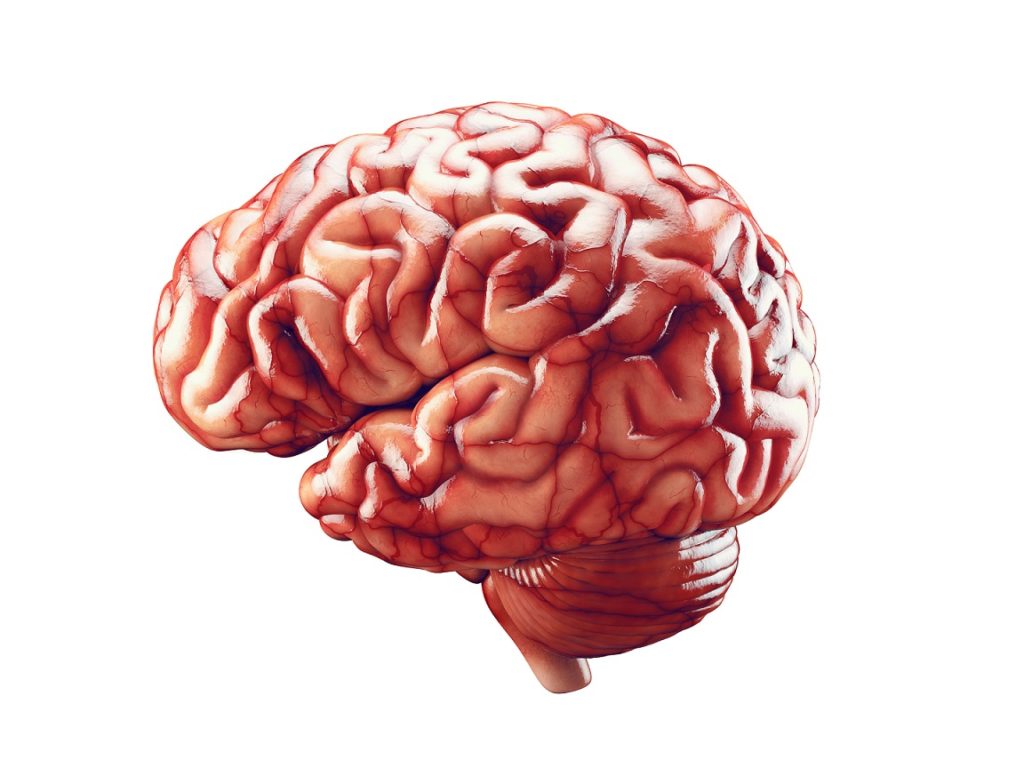
As the brain of the animals brings to a well-balanced eating habits
The intake of food is of course a good thing and important to the health of the body to maintain and allow you to Survive. Eating too much, however, can also have negative effects. A regulation is therefore important. Researchers have now found brain cells in animals, which their Essdrang brakes.
In a recent investigation, the Rockefeller University, cells in the brain of animals identified, which the urge to eat, this can press. In addition, the cells also play an important role in the regulation of memory and the promotion of a balanced Eating behavior. The results of the study were published in the English scientific journal “Neuron”.

Mental processes certain food intake of animals
If an animal looks appealing food or smells it, eats it, this food in a moment. This idea does not correspond to the truth. Because the investigation pointed to the fact that mental processes influence the decision of the animals, whether they take a meal to or you reject it. People could think in such a case, for example, that you have to go in about 20 minutes anyway, for lunch and to take, therefore, before any meal, so as not to spoil the appetite. Although other mammals may not have the same internal monologue, there is reason to believe that your eating habits involve complex decisions.
What is the role of hD2R neurons play?
Other studies have already shown that the error in the Hippocampus, in the memory of the involved area of the Brain that can change eating behavior, which suggests that past experiences influence the appeal of food to an animal. Based on these results, the researchers have a group of hippocampal cells is identified, which is as hD2R neurons is known and at each feeding of a mouse active is recently. In addition, it was found that the mice ate less when these neurons were stimulated. The neurons were deactivated, ate the animals. With other words: The hD2R neurons respond to the presence of food, by preventing animals from taking these dietary.
Sometimes it is for animals to be risky for more food
Although animals normally benefit from eating the food in front of you, in some cases it is also helpful to exercise restraint. Should an animal, for example, have already eaten enough, would be the more in search of food both unnecessary as well as risky, since the animals could be due to the search, the victim of a predator. The newly discovered neurons that appear to help the animals, you Eat more when you are in need of food. The detected cells, to prevent that an animal eats too much, explain the researchers. You seem to make the food less appealing, and in this sense, they control the behavior of the animals.
What resulted in the activation of hDR2?
In the wild animals can eat anything, if you do not know where you food can be found. Fortunately for us, remember their brains well to the places of previous meals. If an animal meets in a certain area of food, there is a mental connection between the place and the food. In order to test how hD2R-cells could affect these Compounds, stimulated the researchers of the neurons, while mice migrated in a food-filled environment around. By the Stimulation, the animals returned, less likely to be in the area where previously the food were. This suggests that the activation of hDR2 reduced the meal-related memories somehow.
The brain developed mechanisms to fine-tune the appetite
Further experiments showed that hD2R-neuron Input from the entorhinal cortex receive the sensory information is processed and Output to the Septum sends, which is involved in food intake. The researchers, this brain circuit for the first time identified, concluded that the neurons as a control point between the detection of food and the consumption of food. Together with analyses of other neuronal circuits, these studies suggest that the brain has developed mechanisms to fine-tune the appetite. While some systems help an animal to remember the finding of food, and limit other food intake. The study shows that the brain areas involved in cognitive processing and memory formation, influence the nutritional behaviour. This suggested that people, through Training, can learn to change your relationship to food, so the conclusion of the research team. (as)